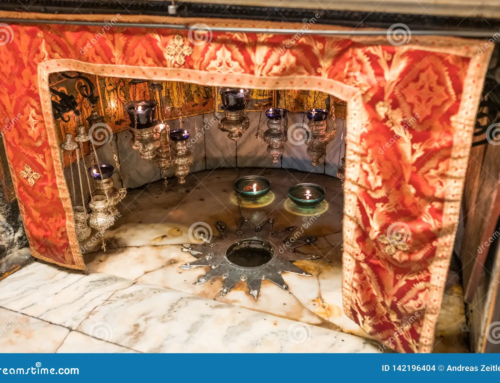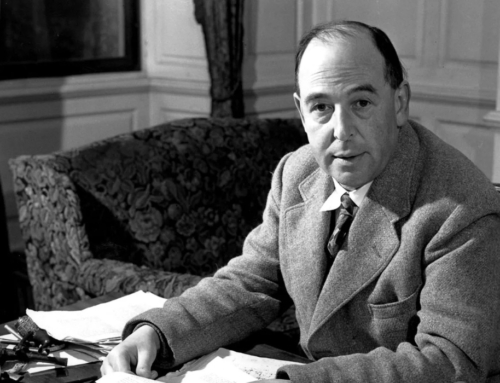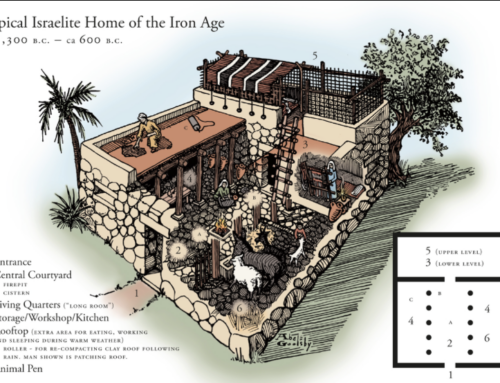What is it, from a priest’s point of view that I love about celebrating the Mass ad orientem? A number of things:
1. I no longer have to worry about being in ‘performance mode’. When I am facing the people, no matter how much I try, I am looking more at them and focussing more on them as ‘audience’ than I am on what I am doing at the altar. I am concerned therefore about what I look like. Is my face conveying what it should? Do I look ‘holy’ enough? Am I making it ‘meaningful’ enough? Why is that person dozing? What must I do to regain their attention. I don’t want to think all this while I am celebrating, but too often I do.
2. I can pray without worrying what others think of me or what I look like. If I want to concentrate and furrow my brow I can without being self conscious. If I want to weep I may without being worried about ‘losing my composure’. If I want to pause and enter into silence or speak in the language of angels silently I may. No one can see me.
3. In the new Our Lady of the Rosary at the East end is a wonderful 19th century hand painted English crucifix. at last I can behold this great mystery as I celebrate the Pascal mystery. I can behold the mystery in stained glass while celebrating rather than looking at the people.
4. This doesn’t mean I disregard the people. By praying in the same position as them I actually feel closer to them than I did the other way around. Now I am praying with them and for them and offering the holy sacrifice with them and for them. We are now more ‘one’ than I ever felt before. This aspect of the celebration ad orientem is felt more profoundly than any of the others.
5. I feel more a part of the great tradition. This is the way the sacrifice of the Mass was offered for millennia. Now I feel more part of that great stream of the faith ‘that comes to us from the Apostles’
6. The faithful seem to appreciate it too. Certainly the comments we get are appreciative, and very few seem disgruntled.
I don’t mind saying mass versus populum, and I feel there are other good things that can be said for that position. I don’t take a doctrinaire view or an intolerant view.
However, I have my preference.







“If I want to pause and enter into silence or speak in the language of angels silently I may. No one can see me.”As a layperson, this causes me to reflect on why I do not like circular pews around the altar. It does not matter that people are not actually looking at me, but that they are there, right across from you, facing you, while the altar is to the side, and this induces self-consciousness, which really detracts from fully entering into the Mass. And even if you get seating so that you are in front of the altar, there is still that distraction at three and ten o’ clock.
At one Mass I found myself fasinated by the expressions on the priest’s face. He seemed to be struggling to keep a bland expression. Something funny must have be going on in the back.
Sure, we all have our preferences and our nostalgia and our habits when it comes to how we behave at Mass. Whether minister or attendant, our problem is us, not our orientation. [Is Father’s hair combed; is his Roman collar showing?] If each of us will focus on what is happening on the altar at Mass, and that it is happening to all of us, it should not matter to us or distract us whether anyone smiles or frowns or speaks in Old Slavonic or weeps or stares or scowls or raises their eyebrows or sweats blood or wears a denim chasuble!
jedesto – it should not matter to us or distract us whether anyone smiles or frowns or speaks in Old Slavonic or weeps or stares or scowls or raises their eyebrows or sweats blood or wears a denim chasuble!That’s a really nice thought but we are human beings and designed to do certain things in certain situations. That’s what keeps us safe and healthy.We are programmed to look at someone’s face when they are standing in front of us. Why should we have to spend so much energy trying to block out what comes naturally? I find it close to impossible to concentrate at a NO Mass and I’ve been trying for 9 years…
I have recently begun wearing a veil during mass. Not only do I feel that this is an “outward and visible sign of an inward and invisible grace”, it affords for me the same focus on the mass and “privacy” of thought and worship that ad orientem seems to offer you. Perhaps if we “rediscover” all that was so cavalierly tossed aside in the name of ecumenism and “progress”, we will hold on that much more tightly to the treasures of our Catholic heritage… God bless you!
I’ve sometimes been distracted by the priest’s face, especially when he elevates the Host. Ad orientem removes a lot of distraction for me as a layperson too.